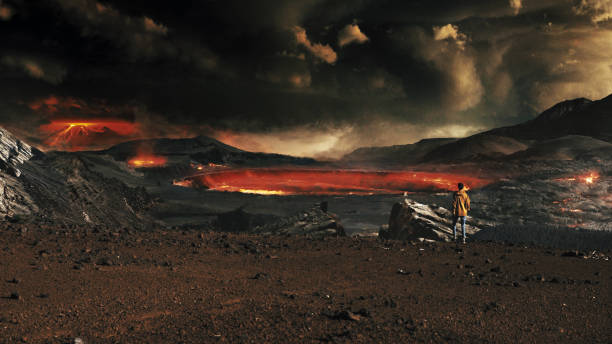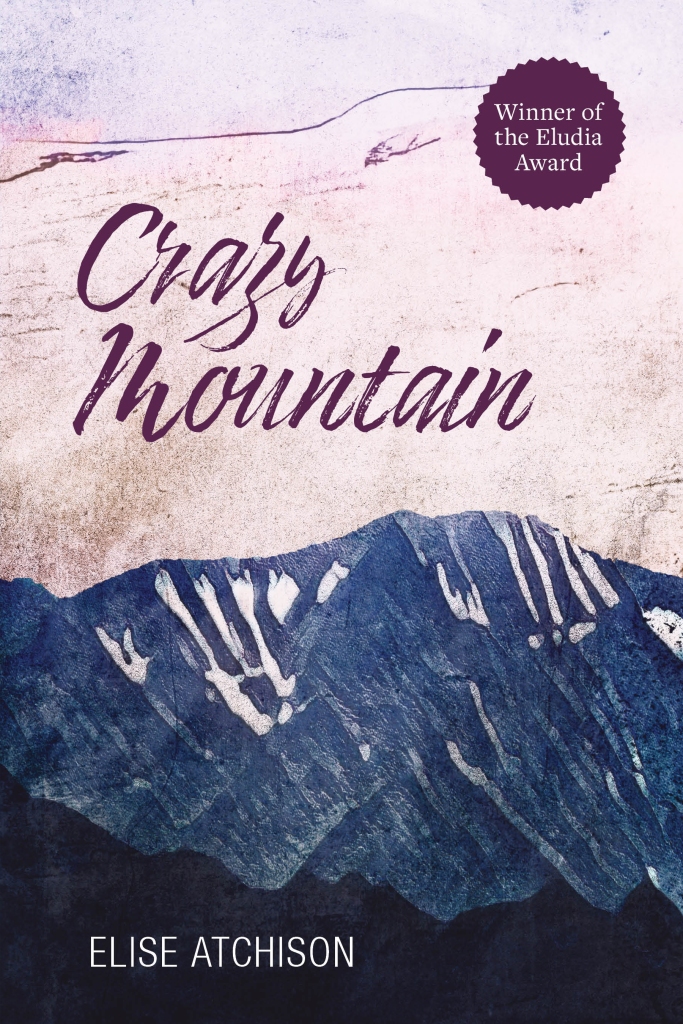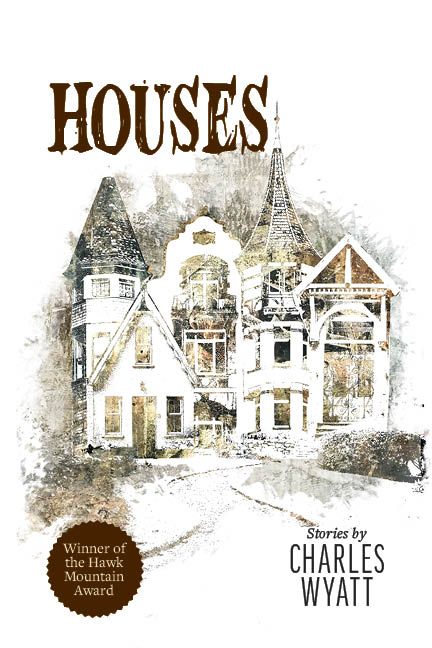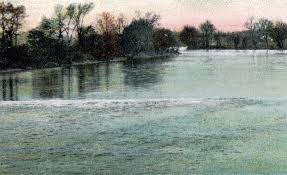
Many of us are shell-shocked, and are likely to remain so for quite some time. Lockdowns. Illness, death, occupational and financial meltdowns.
A sense of dread was pervasive. It has been three years. Are any of us completely free of that feeling of dread?
A new term, “essential workers” came into use; a new respect for those who provide the rest of us with care, service, and support was expressed. But it didn’t last long. It certainly didn’t last long enough for our society at large to support living wages for those in such occupations. Our legislators haven’t passed laws sufficient to create the kind of changes that would right labor exploitation and wage theft. Instead, there is a zeal to put the “working poor” right back in their place and keep them there.
Another sort of “essential worker” appeared – those who provided us with the moments of pleasure that were so sorely needed. The artists stepped up, didn’t they? Live events were shut down; but it didn’t take long for those in our creative communities to figure out how to move all sorts of events, all kinds of entertainment, into online presentations. Theatre professionals performed online. Singers created Zoom cabaret performances. Musicians, in general, provided thousands of hours of performance. Artists built virtual galleries online. Writers and publishers shifted book readings and interviews into the virtual spaces they worked to create.
Artists, by giving of themselves despite their own struggles and difficulties, helped to support the general well-being during very dark times.
As life emerges into a post-pandemic stage, it is clear that many things have changed permanently. Security and trust in many of our institutions have been shattered. Communities are suffering even greater ruptures than before.
But we have to remember: We still need all our essential workers; and we still owe them for what they sacrificed for the good of the rest of us. THEY could be depended upon.
We still need our artists. It’s become obvious that, in times of difficulty, art is an essential part of healing, of community building. Art provides uplifting moments of human experience and human interaction. Artists could be depended upon.
But post-pandemic, our arts communities are still struggling. Financial difficulties, staffing shortages, operations in chaos, practices and programs in need of restructure….none of us have escaped without facing at least some of these challenges. And for many, the challenges have expanded to become threats to existence. Theatres and musical venues have failed to re-open, others opened their doors only to have to close them again. Galleries remain empty. In person events, in general, are still struggling to re-grow pre-pandemic numbers of attendees. They may never succeed. Arts organizations across all disciplines report these issues.
We are all deeply exhausted; it’s hard not to feel demoralized.
At Hidden River, when lock-downs began, we had to shut down any and all live events. In the past, we had maintained a gallery space with visual art on the walls, music and theatrical performance, poetry and literary readings. We offered workshops and in-person classes. We took our programs into schools.
All that is gone. It’s unclear how, or even if, these programs can be restored. Should we, like so many of our colleagues, construct virtual spaces in order to provide these events to a wider audience, in order for our offerings to be more far-reaching? There are benefits to that. But there are also benefits to actual human interaction. Without these activities, Hidden River isn’t offering space for musicians or performing artists or visual artists. We want to bring them back.
We haven’t really begun to address the questions about restoring the live arts programs, because we are currently wrestling with other difficulties that the COVID era caused. Hidden River is an all-volunteer organization; maintaining a long-term committed staff in arts organizations like ours has always been a struggle. But with the pandemic, we lost staff in higher numbers and have yet to rebuild sufficiently. We have faced illnesses, we have faced a death.
Most arts organizations, especially smaller organizations, are facing extensive challenges. Here in Philadelphia, programs have closed, many of the small theatres have cut their seasons from four to one or two plays a year, musical venues are shutting their doors permanently. Galleries are closing. Even the Philly POPS orchestra – certainly not a small institution – came very close to bankruptcy and closing down. Its future is still not certain.
Across the country, similar reports are everywhere. Literary magazines and small presses are closing down. Small arts organizations are pulling the plug. Hidden River, which launched over 30 years ago, is still struggling with the aftermath of our pandemic shortfalls. Without sufficient staff, our publishing pipeline has slowed, our award decisions have slowed. Our blog sits too long without being updated. Our newsletters are not being published. There is simply too much waiting for too long for the appropriate attention. It’s not fair to anyone.
At first, it appeared that we could catch up quickly once life “returned to normal”. But there is no normal until a new “normal” is created. Meanwhile, our questions here have been “How do we catch up on the mountains of backlogged work? How do we best serve our authors, and those who submitted their work to us and continue to wait for award decisions?” How do we handle all this?
The first decision: We will not explore re-opening any of what had once been our live arts programs. They have to stay closed for now. The second decision: We will suspend our calls for submissions and our literary awards, at least for the remainder of 2023. This is in order to allow us to address the backlog of submissions too long awaiting proper attention. It will allow us to finalize awards. To course-correct the chaos of the last several years. It will allow us to provide more attention to our authors waiting in the publishing pipeline – to attend to the editing, the cover and interior design, the community-building and promotion needed for successful book launches. It will allow us to stay “on task” with our authors post-publication, to help them continue to grow their readership and reputation.
We remain committed to those who have placed their faith in us. We remain committed to our internship program, which is the one program that continued to run and to flourish even during the darkest times of the recent plague.
Some of the decisions we’ve made may become permanent. It’s simply too soon to say. For the time being, we want to focus on getting our house in order, and on serving those who have trusted us, and who are relying on us.
You’ll be hearing from us – announcements of the award decisions, introductions and profiles offered about our authors and their books. There is still a LOT of work to be done here, and a lot to report as we move through that work.
It’s been hard to share this news, and to write of our difficulties. But our Hidden River family has always been filled with loving people. This report, and these decisions, are the best way we can love you back.





















